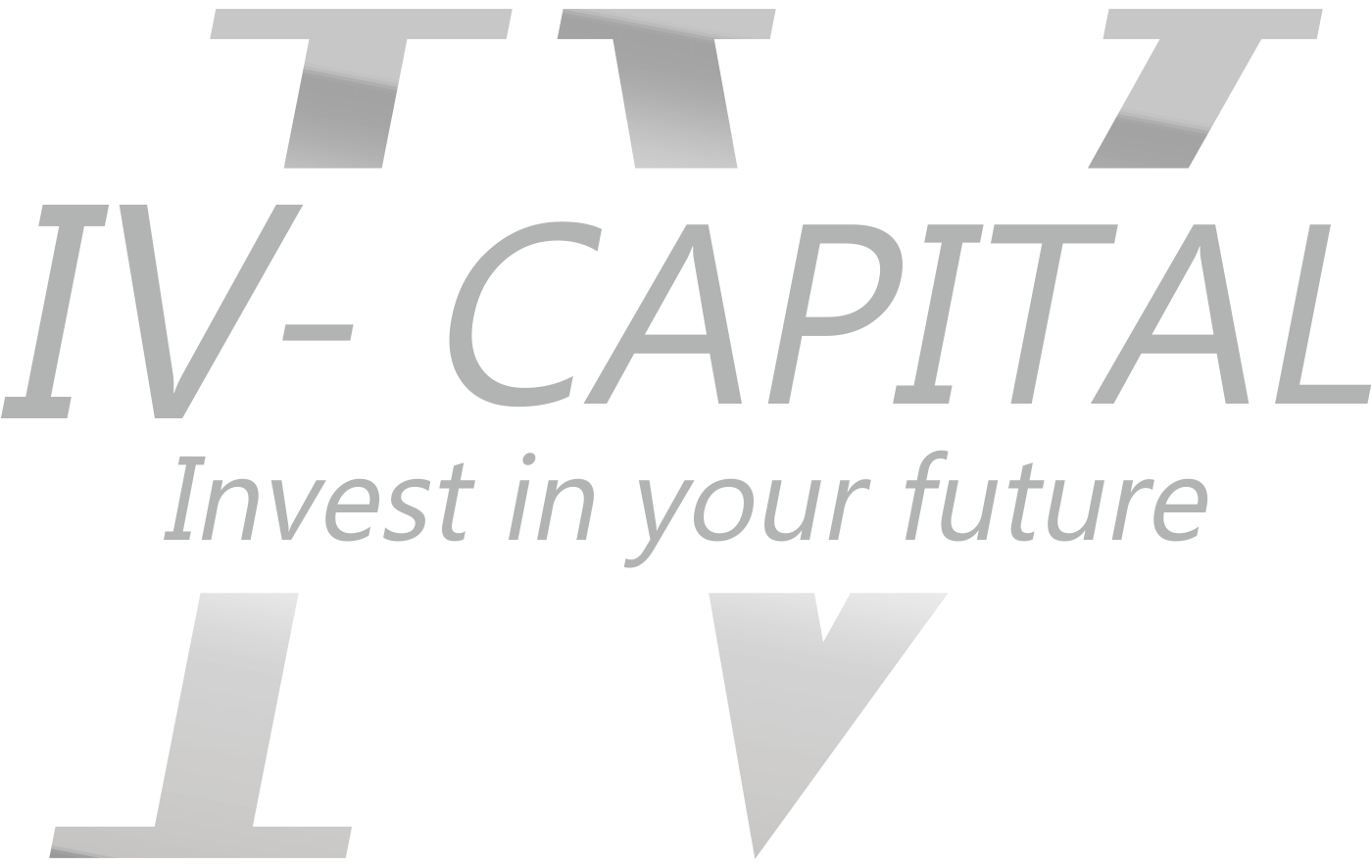In a world often marked by consumerism and excess, minimalism offers a refreshing perspective. It’s more than decluttering your physical space; it’s a lifestyle choice that can lead to financial freedom, reduced stress, and a more intentional, fulfilling life. In this comprehensive guide, we’ll explore the essence of minimalism, its relationship with financial freedom, and the practical steps to embrace this philosophy.
Understanding Minimalism
Minimalism is a lifestyle founded on simplicity, intentionality, and a focus on what genuinely matters. At its core, minimalism involves decluttering your life, retaining only what truly adds value and joy. It prioritizes experiences, relationships, and personal growth over material possessions. Minimalists are mindful consumers, opting for quality over quantity and reflecting on whether an item genuinely serves a purpose before acquiring it.
Minimalism and Financial Freedom
Embracing minimalism can profoundly affect your financial well-being:
Reduced Expenses: Minimalism naturally curbs spending as you become more mindful of your purchases.
Debt Reduction: Minimalism promotes paying off debt as a priority, allowing you to allocate more income towards financial freedom.
Enhanced Savings: Fewer unnecessary expenses mean more funds for saving and investing, building financial security and wealth.
Financial Focus: Minimalism shifts your attention from material possessions to financial goals like retirement, investments, and financial independence.
Reduced Stress: The pressure to keep up with a consumer-driven lifestyle, overspending, and debt can lead to financial stress. Minimalism eliminates these stressors, promoting peace of mind.
Embracing Minimalism: Practical Steps
Ready to embrace minimalism and achieve financial freedom with less? Here are practical steps to get started:
- Declutter Your Space: Start by decluttering your physical environment, identifying items you no longer need or use.
- Evaluate Your Finances: Create a budget, track expenses, and find areas to reduce spending. Prioritize debt repayment and savings.
- Mindful Consumption: Before making a purchase, question its value to your life. Avoid impulsive buys and concentrate on long-term financial goals.
- Set Financial Goals: Define clear financial objectives, like debt payoff, emergency fund building, or retirement savings.
- Invest Wisely: Learn about investing and explore options such as index funds, real estate, or creating passive income sources.
- Embrace Experiences: Shift your focus from material possessions to meaningful experiences like travel, hobbies, and activities.
Minimalism is about intentional living, not deprivation. By decluttering your life, emphasizing financial well-being, and adopting mindful consumption, you can achieve financial freedom and lead a more purposeful, fulfilling life with less. Remember, minimalism is a journey, and your path to financial freedom begins with the choice to lead an intentional and purpose-driven life.





